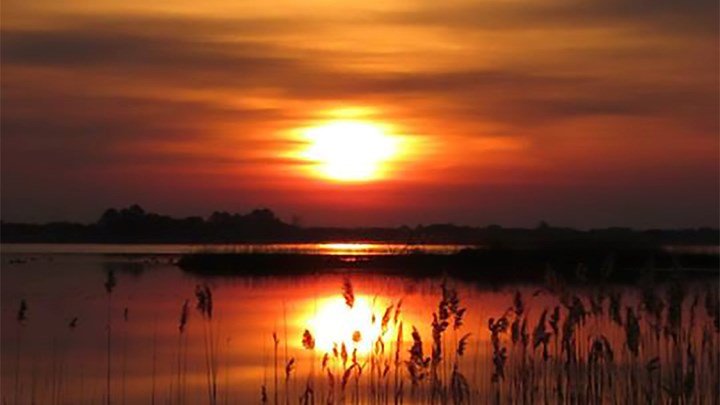
by Mark Chesnut - Monday, March 4, 2024

Thanks to a letter prepared by American Wildlife Conservation Partners and recently signed by the National Rifle Association and several other hunting and wildlife conservation organizations, the U.S. Fish & Wildlife Service (FWS) has extended the public comment period on a federal plan that would make “broad, sweeping changes” to how the hunter-backed National Wildlife Refuge System manages its lands and waters.
At odds is a recently proposed National Wildlife Refuge System (NWRS) biological integrity, diversity and environmental health (BIDEH) rule and proposed policy updates that represent significant and consequential changes to the NWRS management plan successfully used for the last century.
The organizations signing the letter had urged the FWS to extend the 30-day comment period, which was scheduled to end Mar. 4, to at least 90 days given the controversial nature of the program.
“Recognizing the magnitude of the proposed changes, the undersigned believe that a 30-day comment deprives partners and stakeholders of the time and attention necessary to formulate substantial comments to address the sweeping changes proposed in BIDEH,” the letter stated. “In June 2023, FWS published the proposed 2023-2024 Hunt Fish Rule and provided the public a 90-day period for comments. The BIDEH proposal in and of itself is a complex and marked change in direction for the NWRS, and the signatories believe that the BIDEH proposal requires a comment period that is equal to or greater than what was provided for the 2023-2024 Hunt Fish Rule.”
In response to the letter, FWS has extended the deadline by 60 days, with the comment period now set to end on May 6. To submit comments, please click here.
The conservation organizations are voicing concern because they believe the intent of the BIDEH proposal is inconsistent with the intent and the plain language of the National Wildlife Improvement Act of 1997. They pointed out that BIDEH is only mentioned one time in the entire Improvement Act.
“Yet it’s singularly selected out of a list of 14 items to create this proposed policy to ‘ensure that the biological integrity, diversity and the environmental health of the System are maintained for the benefit of present and future generations of Americans,’” the letter added. “The plain language of the Improvement Act does not direct the NWRS to establish or propose broad, sweeping changes as identified in the BIDEH proposal.”
The organizations are also concerned that the BIDEH proposal does not prioritize the primary purpose of each individual NWRS unit. The letter specifically refers to how the Improvement Act requires that when conflict arises between the NWRS mission and the established refuge purpose, the purpose of the unit itself should take precedence over the NWRS mission.
As the letter explained, “Unfortunately, the BIDEH proposal does not appear to reflect this requirement as the proposal states: ‘The law states that each refuge must be managed to fulfill both the Refuge System mission and the specific purposes for which that refuge was established.’ While this statement is true, it makes a muddle of a clear part of the Improvement Act—that refuge purposes take priority over the mission of the NWRS rather than being placed on equal footing.”
The conservation organizations are concerned that the plan could create a top-down approach that will undermine the distinctive purpose for which each individual refuge was established. In addition, it could erode public support for the refuge system by disenfranchising those who have long fought for the establishment of refuges and sought to see the NWRS adequately funded.
“The proposal does not consider the distinctive challenges and varied conservation measures that are necessary to fulfill the purpose of each refuge,” the letter stated. “Establishing a broad, top-down structure such as BIDEH, where widely accepted wildlife habitat management practices, such as cooperative agriculture, are first prohibited unless justified will reduce the necessary flexibility to meet the goals of each unique refuge unit.”
About the Author
Freelance writer and editor Mark Chesnut is the owner/editorial director at Red Setter Communications LLC in Jenks, Okla. An avid hunter, shooter and bird dog field-trialer, he has been covering Second Amendment issues and politics on a near-daily basis for almost 25 years.
E-mail your comments/questions about this site to:
[email protected]
